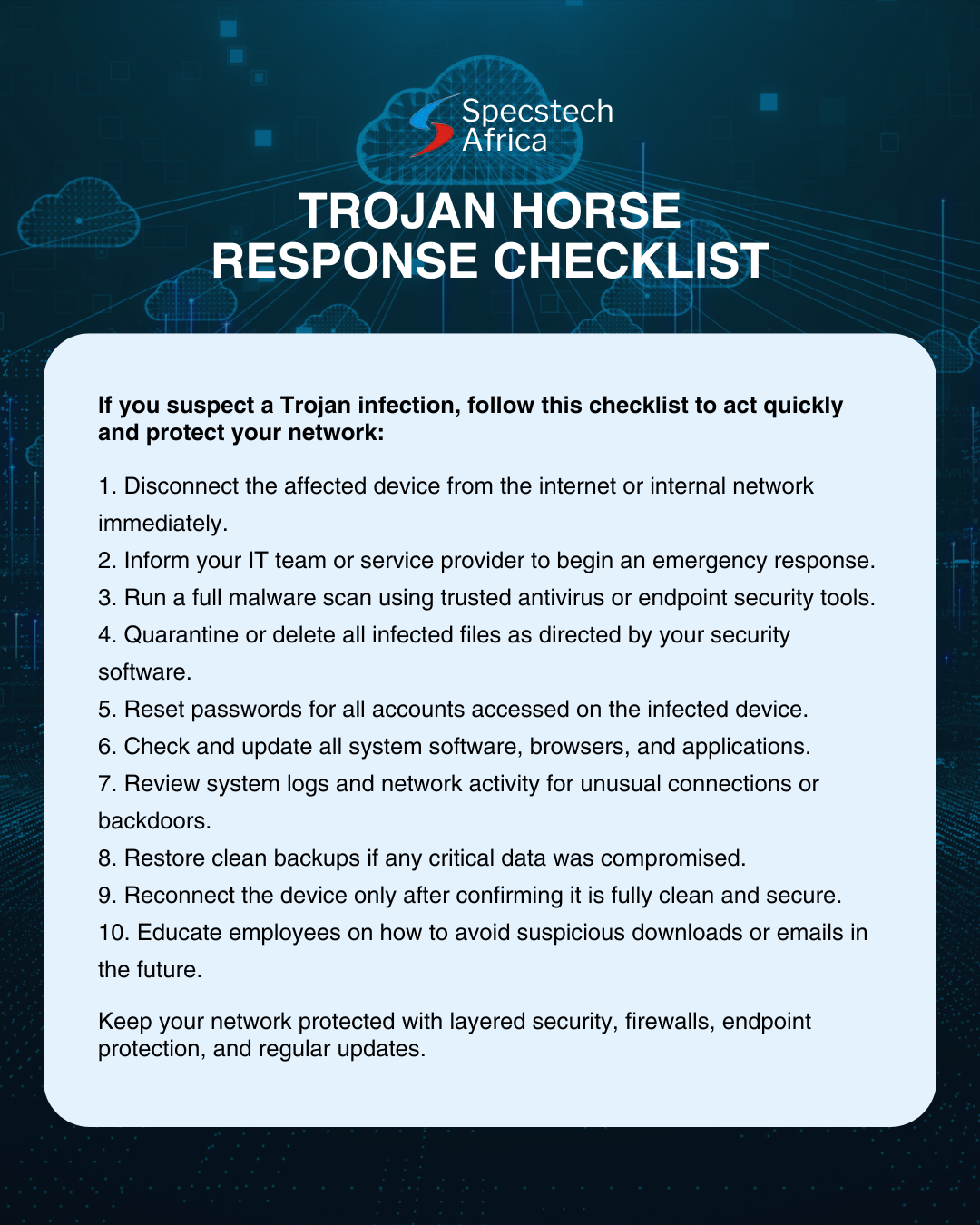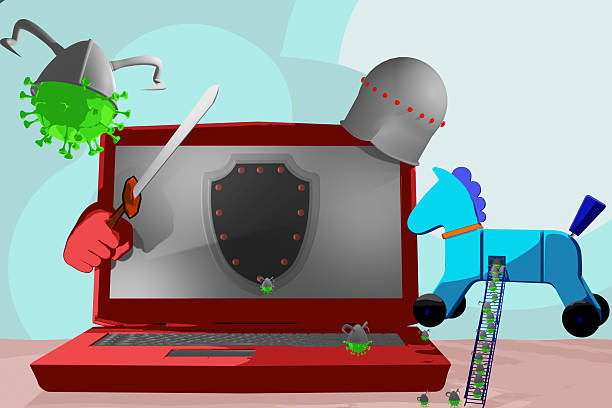_1750949375.png)
Why Hackers Are Targeting Your Business And How You Can Outsmart Them
- super Admin
- Jun-26-2025 14:49 PM
- Networks
Introduction
You're not too small to be attacked, just too easy. Let’s help you change that.
A lot of small business owners believe hackers only go after the big names like the banks, tech giants, or government websites.
But that’s not the full story.
Truth is, cybercriminals actually prefer small businesses because they know most don’t take cybersecurity seriously. Simple things like outdated software or weak passwords can open the door for attacks that can shut down your entire business.
But the good news? You don’t have to be a tech expert to protect your business.
In this post, you’ll learn:
- Why small businesses are easy targets
- Common security mistakes that most business owners don’t notice
- A simple, practical guide to protect your systems
Let’s show you how to stay one step ahead of hackers without the headache.
It Can Happen Overnight
Picture this:
You close your office for the day, everything seems fine.
But the next morning, you wake up to find:
- Customer data has disappeared
- Sensitive files have been changed
- Your team can’t even log in
Sounds like a nightmare, right?
Unfortunately, this happens every day and it’s mostly because the systems weren’t properly secured.
This is where system hardening comes in.
Think of it like setting up security in your physical office: lock your doors, install cameras, and gate the compound. The same thing applies to your business tech.
What Is System Hardening?
System hardening is simply the process of making your digital systems more secure by removing things hackers can take advantage of.
It’s like:
- Locking those windows that are always left open
- Throwing away keys nobody should be using
- Installing CCTV where people hardly check
In IT terms, that means:
- Deleting old or unused software
- Replacing weak passwords
- Disabling default settings that make your system vulnerable
How to Harden Your System (Step-by-Step)
Here’s a practical checklist you can follow:
1. Remove Software You’re Not Using
That old software you installed two years ago for testing? If you’re not using it, remove it.
Every unused app is a possible doorway for hackers.
Tip: Run regular checks and delete what you don’t need.
2. Keep Everything Updated
Outdated systems are one of the easiest ways hackers gain access.
Example: The global WannaCry attack happened mostly because people didn’t update their Windows.
Tip: Turn on automatic updates, or have a weekly routine to check for updates.
3. Close Unused Ports and Services
Your server or computer may be running background services you’re not even aware of.
Every open port is like a door. If you're only using three, why leave twenty open?
Tip: Use tools like nmap or netstat to check for open ports — then shut down what you don’t need.
4. Use Strong Passwords
Still using “1234” or your company name as a password? That’s a serious red flag.
What to do:
- Use complex passwords (mix letters, numbers, and symbols)
- Enable two-factor authentication (2FA)
- Change passwords regularly
Tools that help: Bitwarden, 1Password
5. Don’t Give Everyone Full Access
Not everyone on your team should have access to everything.
Imagine an intern being able to delete your entire company database. That's a disaster waiting to happen.
Tip: Use role-based access. Give people access only to what they need to do their jobs.
6. Monitor Activity Logs
Just like you wouldn't leave your shop without security cameras, you shouldn't run your systems without monitoring tools.
Logs help you track who logged in, when, and what they did.
Tip: Set up basic logging tools and check them regularly. If someone logs in from a foreign country at 2 AM and your team is all in Nigeria that’s a red flag.
Client Spotlight: Securing a Microfinance Bank in Just 3 Days
A growing microfinance bank reached out to us at Specstech Africa with a troubling concern: their systems were running slow, staff frequently experienced downtime, and they suspected something wasn’t quite right behind the scenes.
They were right.
After conducting a full system audit, here’s what we uncovered:
- Outdated firewall configurations that no longer met current security standards
- Testing ports left open unintentionally giving hackers possible entry points
- Weak passwords used across multiple staff accounts, with no authentication policy in place
The risks were clear and urgent.
Our Response
In just three days, we stepped in to fix the gaps:
- Hardened their systems by closing open ports and updating firewall rules
- Set up reliable backup systems, ensuring business continuity in case of future disruptions
- Trained their staff on password hygiene and basic cybersecurity awareness
The Result
Since the intervention, the bank has reported:
- Improved system performance
- Zero unplanned downtime
- A more security-conscious team
Cybersecurity isn’t just about big tools, it’s about smart habits.
And for this client, it all started with taking the first step.
Final Thoughts: Don’t Wait Until You Regret It
Hackers are not just going after big firms anymore.
They go after businesses like yours small, growing, and often unprotected.
System hardening is your first line of defense. And the best part? You can start taking action today without waiting for a crisis.
Your Quick Action Checklist:
- Remove unused software
- Keep systems up to date
- Shut down unused ports
- Use strong passwords + 2FA
- Restrict access based on roles
- Review activity logs regularly
We’ve helped dozens of businesses secure their systems and we can do the same for you.
Let’s protect your business before it becomes the next easy target.
send us a mail today : info@specstechafrica.com
Latest Post

Why You Should Swap Passwords for Passphrases
Oct-22-2025 11:05 AM

How to Beat Multitasking and Boost Your Productivity
Sep-28-2025 16:14 PM

Trojan Horse Checklist
Sep-24-2025 13:00 PM
Share Links











All Comments